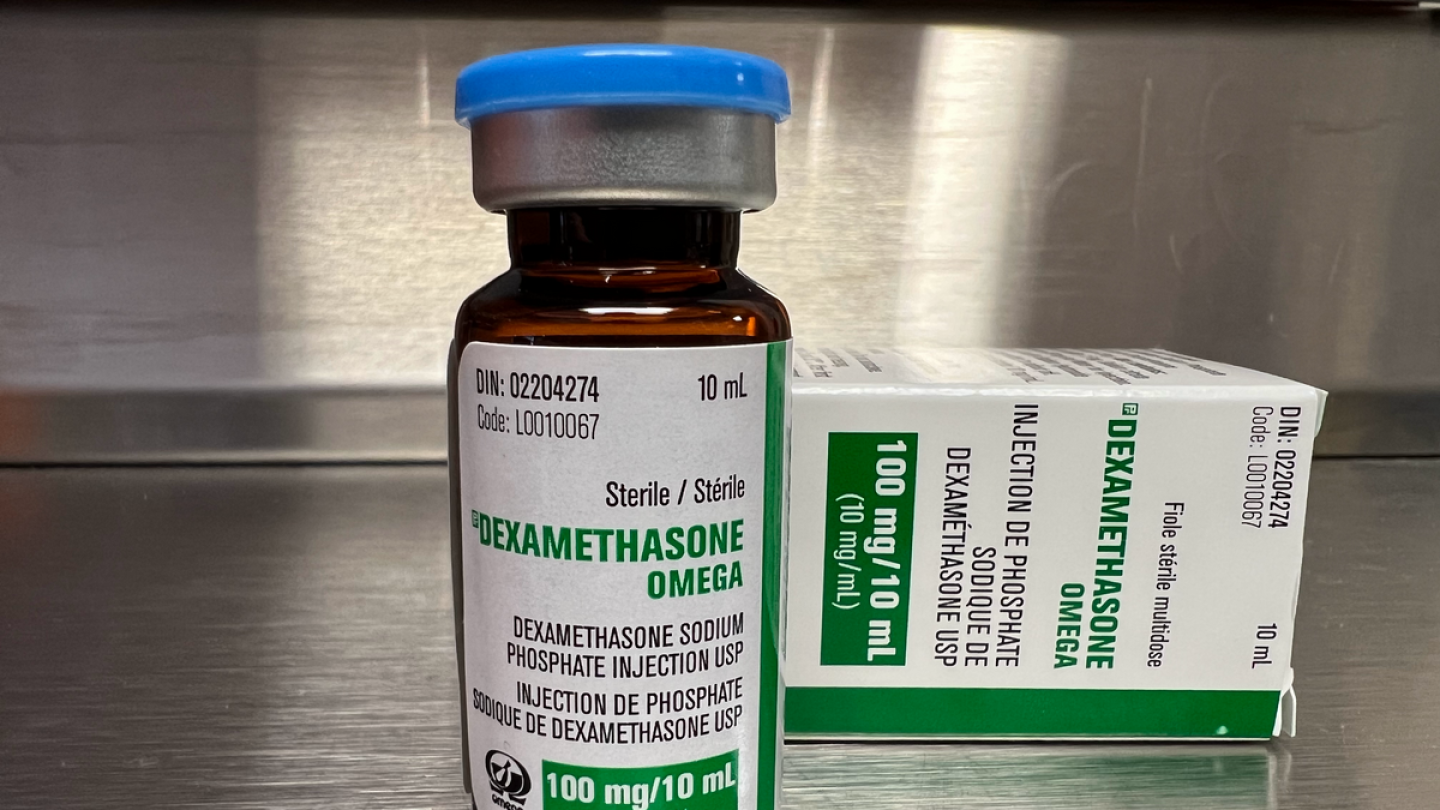EMS1 Research Center
The EMS1 Research Center serves as a central access point for critical prehospital medicine research that can help drive operational and policy changes at the local, state and federal level.
Get insights into EMS provider behavior and beliefs related to hot topics like fatigue management, and participate in EMS1 polls and surveys.
Additionally, find the latest information about research conducted by esteemed EMS organizations, such as the American Ambulance Association, and National Association of EMS Physicians, among other organizations focused on provider health and wellness, patient assessment and treatment, and a variety of safety issues.
Is there a role for dexamethasone in the prehospital environment?
Personnel feel unrecognized, many do not trust agency leaders and few are willing to recommend their career to others. How can we fix this?
The device uses injectable foam, which is meant to expand in the abdomen to stop the bleeding
Dr. Gordon Ewy presents findings on the importance of bystander CPR and patient gasping at the Emergency Cardiovascular Care Update 2015
The first penis transplant in the U.S. will be performed on a young soldier within a year
FEMA gave the University of Arizona $1.5 million to learn the relationship between cancer and the chemicals firefighters are exposed to
The first issue of the Irish Journal of Paramedicine will be published in June 2016
Texting and other distractions while using smartphones were believed to be part of the cause, as well as drunken, drugged and drowsy driving
Why focusing solely on line-of-duty deaths is doing a disservice to the health and wellness of those in the industry
The report also attributes the improvement to more staff in the fire department
The report calls for changes to the way first responders are equipped to treat overdoses, which are killing 44 people each day in the US
Mental health care continues to be poorly funded, inadequately managed, and under-recognized by politicians and policy makers
When mental health services were scaled back in Sacramento there was a significant increase in emergency psychiatric consults and emergency department length of stay
A Resuscitation Outcomes Consortium study comparing two CPR methods of out-of-hospital cardiac arrest found little difference in neurologically intact survival
Responsible for about one in five of the 829 firefighter fatalities in the past decade, fire truck crashes are more deadly than fighting a fire
Docs challenge ALS vs. BLS outcomes research and learn about prehospital care products at 2015 ACEP Scientific Assembly
EMS, though only one link in the chain of survival, can make a significant impact by delivering a viable patient to the hospital
Widespread CPR and AED training can be done for minimal cost and instruction time with this method
Researchers discuss the best target temperature, 33 C or 36 C, for cardiac arrest patients in the post-arrest care phase
Resuscitation Outcomes Consortium study of out-of-hospital cardiac arrest found little difference in neurologically intact survival
A mandatory, national cardiac arrest database will give citizens the information they need to call for improvements in care
Survivors in Wake County EMS study had a witnessed arrest with a shockable rhythm and prehospital ROSC
The project was announced Sunday at the American Heart Association Scientific Sessions in Orlando
Heroin use rose by about 50 percent between 2013 and 2014, according to the DEA
New research has found that the mortality rate of white, middle-aged Americans has significantly increased since 1998
Increased availability of opioids, chronic pain, financial stress and mental illness cited as potential cause in this overlooked epidemic
Researchers investigate the capability of bystanders to treat a simulated opioid overdose with intranasal naloxone versus auto-injector naloxone
In-depth insights into the expert recommendations for chest compressions, defibrillation, medications and post-arrest care
Analysis of the 56 million ePCR records in the NEMSIS national dataset shows days with the most traumatic pediatric cardiac arrests in 2013 and 2014
In-depth insights into the expert recommendations for medications, airway insertion and confirmation, defibrillation and post-arrest care
In-depth insights into the expert recommendations for chest compressions, AED use and suspected opioid overdose
Co-hosts Chris Cebollero and Kelly Grayson question a new research suggesting that BLS care is far superior than ALS care
MOST POPULAR
- U.S. alcohol death toll is growing, government reports say
- Research Analysis: Prehospital tranexamic acid for severe trauma
- Research Analysis: Status epilepticus: Pick your antidote
- Study: Pulse oximeters tend to give inaccurate readings for people with darker skin
- Better public-private EMS coordination leads to improved response times in San Francisco











